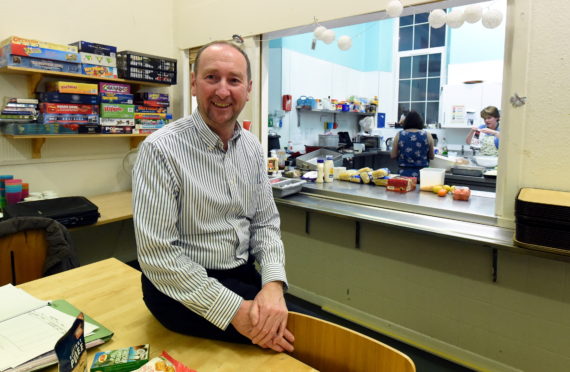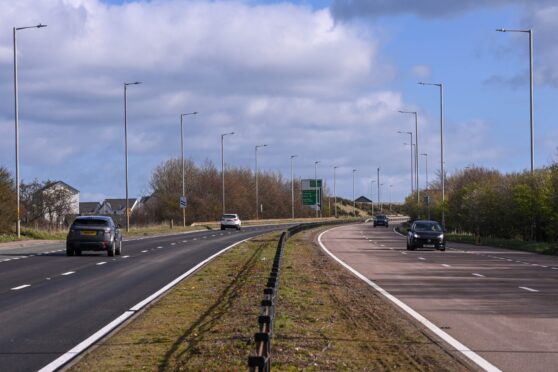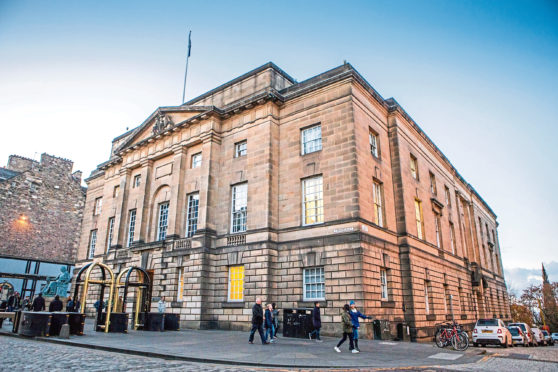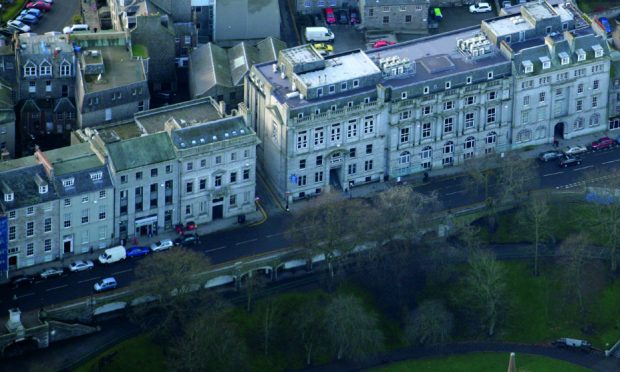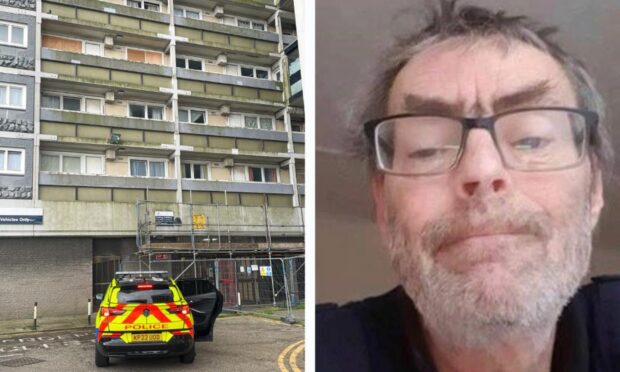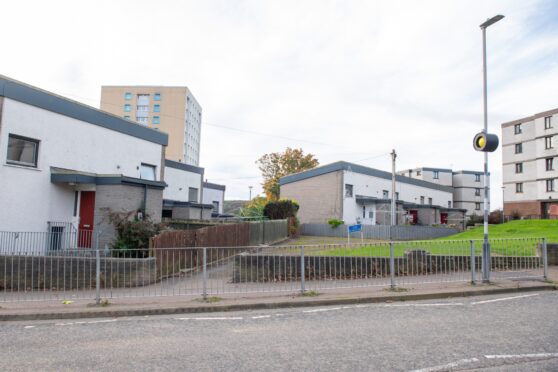Council house tenants are being pushed further into debt “to the point of despair” by changes to their benefits, according to a leading charity.
A total of 462 people living in council housing in Aberdeen are receiving Universal Credit (UC), following the roll-out of the scheme to combine six benefits into one across the area last month.
But new statistics have revealed that more than three quarters of them – or 358 people – are behind on their rent.
The “shocking” numbers have prompted a call for change from the chief executive of homelessness charity Aberdeen Cyrenians.
Around 20 people are coming to the organisation for help every day, with increasing numbers experiencing issues specifically with benefits and Universal Credit.
Mike Burns, chief executive of Aberdeen Cyrenians, said: “It’s a shocking statistics and we have to ask why that is.
>> Keep up to date with the latest news with The P&J newsletter
“We are working with people who are finding themselves getting further and further into debt, simply because of delays in getting the rent element of their Universal Credit.
“It is really pushing people to the point of despair.
“And then how people with multiple complex needs can work their ways back out of these rent arrears and debt is really hard to fathom.”
Earlier this month, Aberdeen City Council published its strategy to keep the number of people in council housing steady, preventing an increase in homelessness applications at the same time.
This includes working with a number of north-east organisations and other councils to find examples of best practice moving forward.
Schemes are also in place to train up staff to ensure they take a “person-centred, sympathetic” approach to rent arrears cases, and to refresh the local authority’s rent management policy.
According to the council statistics, obtained by Freedom of Information request, a “significant number” of the 358 tenants behind on their rent may have already been in arrears before the roll-out of UC.
Despite this, there are fears that the problem can not be immediately resolved with the switch to a new system.
Mr Burns added: “People can’t afford to go eight, sometimes 10 weeks without receipt of their housing element of UC.
“And the fault lies firmly with the benefits agency.”
The Department for Work and Pensions said there are many safeguards in place to stop being falling into debt due to issues with rent payments.
These include offering advance payments, budgeting support and additional payments for those moving to Universal Credit from the previous benefits system.
A spokesman said: “Rent arrears are complicated and they cannot be attributed to a single cause.
“Our research shows that many people join Universal Credit with pre-existing arrears, but the proportion of people with arrears falls by one-third after four months.”
Critics have been calling for the roll-out of Universal Credit (UC) to be stopped and reformed for several years.
Its roll-out marks the biggest change to the country’s benefits system since the 1940s and will affect around eight million people.
The scheme was first mooted in 2011 and replaces six benefits – including child tax credit and jobseeker’s allowance – with one monthly payment.
Ministers say the new system is easier to understand, less prone to fraud and acts as an incentive to encourage people back into work.
New claimants have been added to the system gradually over the last five years through pilot tests across the country and around two million receiving the old benefits will be moved to UC in July.
However opponents say cuts to payments and delays in receiving money have led to some recipients building up debt and even falling out of the benefits system altogether.
